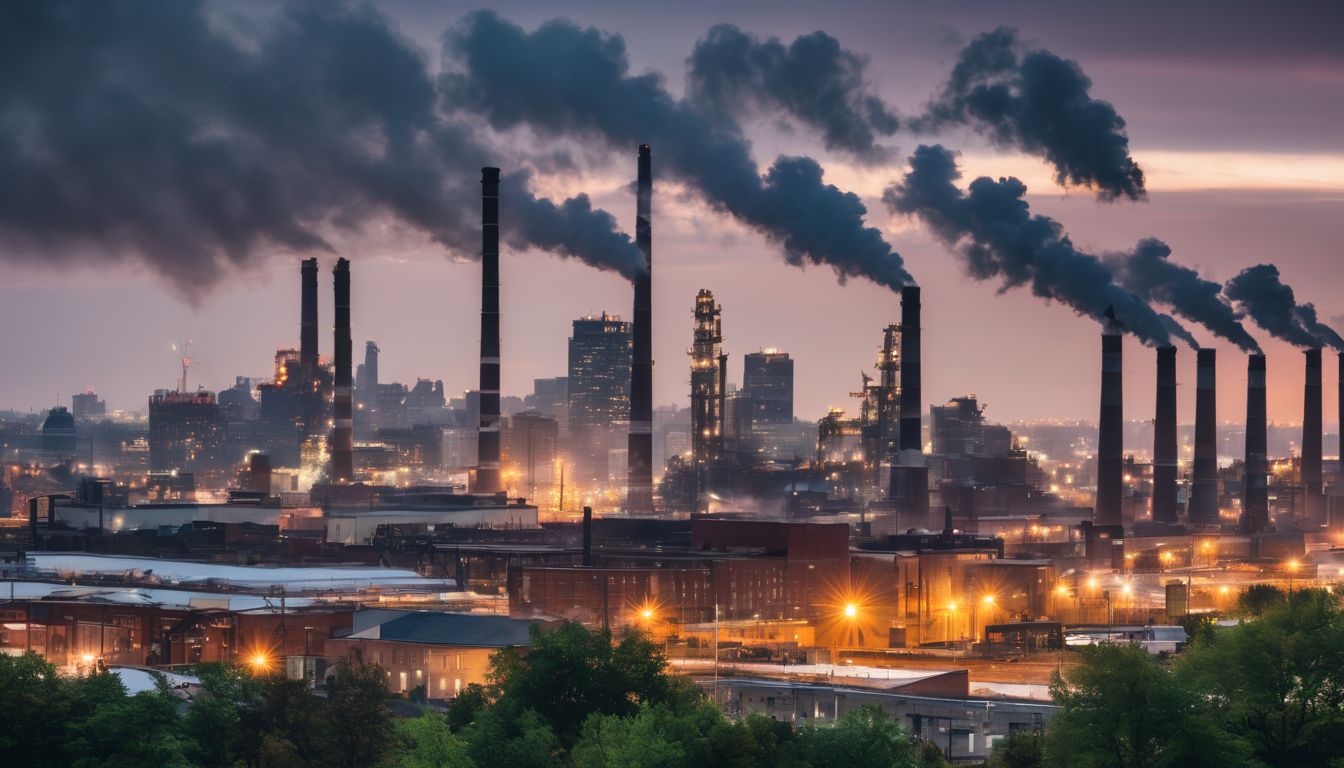The heat of summer 2012 broke thousands of records across the United States. The country experienced the worst drought in fifty years, leading the Department of Agriculture to declare more than 1,000 counties natural disaster zones. In addition to the heat in the U.S., NASA scientists observed that 97% of Greenland’s ice cover thawed during July—the fastest melt since 1889.1 So does weather influence our belief in climate change and its effects?
As heat records continue to be shattered and weather disasters increase, belief in climate change among Americans is on the rise. In March 2012, researchers at Yale University conducted a survey to determine whether or not Americans thought recent extreme weather phenomena (From hurricane Irene to the heat waves of the previous summer to the warmth of this past winter) had been affected by global warming . The study found that for the last few years’ extreme weather bouts, 59%-72% of Americans, the percentage varying by the event, felt that global warming made the weather events worse.2
What about Cold Weather Increases?
Of course, if public perception about climate change vacillates with extreme weather events, there is always a chance that belief in climate change will decrease when the heat waves subside. Indeed, in 2009 and 2010 when there were exceptionally cold winters, some people who had been climate change believers became more skeptical. In early February of 2010, a record breaking blizzard in the Washington, D.C. area dumped about 40 inches of snow in a week. Conservative congressmen used the “Snowmageddon” event to mock scientists and politicians who advocate for action to curb global warming. Republican Senator Jim Inhofe and his family even built an igloo in Washington and put up cardboard signs labeling it “Al Gore’s new home.”5
How Good of an Indicator is Weather?
Despite the oscillation in public opinion, it seems that the most recent rise in temperature is a good indicator of climate change. NASA scientist, James Hansen, recently presented the results of a statistical analysis demonstrating that the likelihood of the heat waves we’ve experienced in recent years occurring “naturally” is so rare that it can’t be anything but man-made global warming.8 He linked 2011’s Texas-Oklahoma drought, the 2010 heat waves in Russia and the Middle East, and the 2003 European heat wave squarely on global warming. He elaborated in an opinion he wrote in the Washington Post, explaining that “[t]he odds that natural variability created these extremes are minuscule, vanishingly small. To count on those odds would be like quitting your job and playing the lottery every morning to pay the bills.”9 Also, several scientists have pointed out that the winter storms that may have diminished belief in climate change in 2010 do not in fact invalidate the reality that the planet just experienced the hottest decade on record. Scientists have been warning for decades that global warming would increase the severity of winter storms.10 This is one of the reasons why most environmentalists refer to the phenomenon as “climate change” instead of “global warming.”
How to Discuss the Extreme Heat of Summer 2012
Despite the terrible tragedy that this past summer’s heat wave has caused, the bad weather does present a good opportunity. Global warming is often thought of as a distant phenomenon happening somewhere else. Sea-level rise has always been prospective, detached from the here and now. The summer of 2012 offers us the best chance yet to wrap our minds around the problem. Unfortunately, global warming is not being discussed to the extent that it should be. The organization, Media Matters for America, found that only 8.7% of television segments and 25.5% of print articles reported on the record-breaking July heat wave in the context of climate change.12
Climate change has barely been acknowledged in this year’s presidential campaign. Both President Obama and Governor Mitt Romney have chosen to remain silent mostly on the issue as the economy and foreign policy have been the focal points of debate. While the eastern half of the country scorches, corn crops wither on the stalk, and Colorado burns, there is still no substantial discussion about what must be done to curb the worst effects of climate change. Apparently the heat has woken us up a bit to the realities of climate change. Now it’s time to do something about it.




